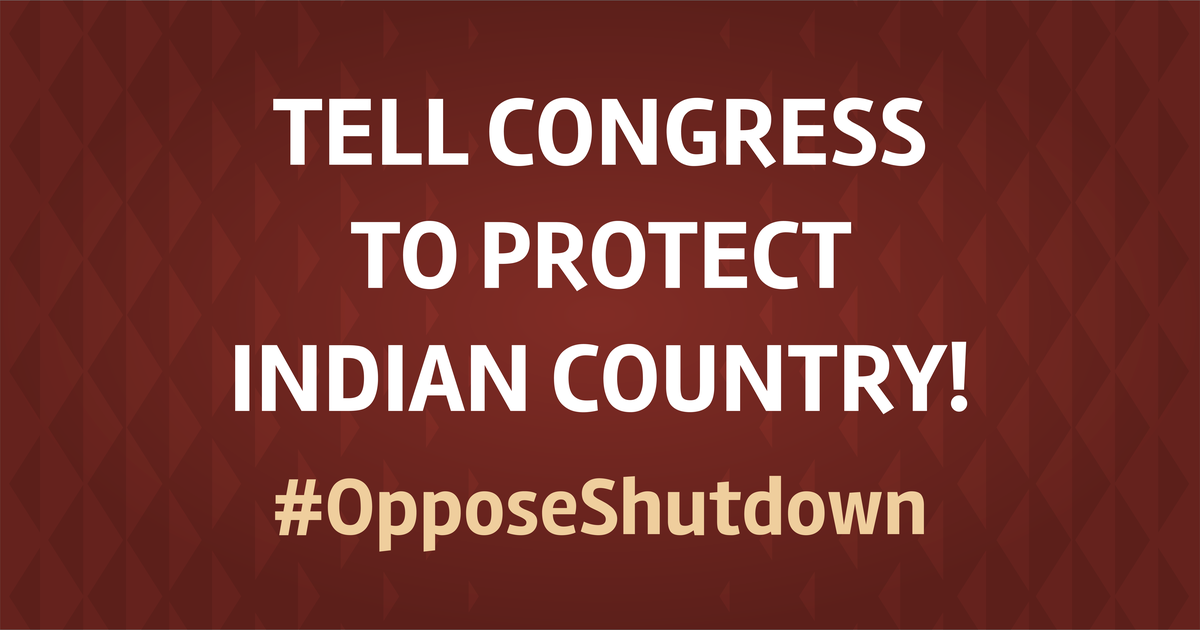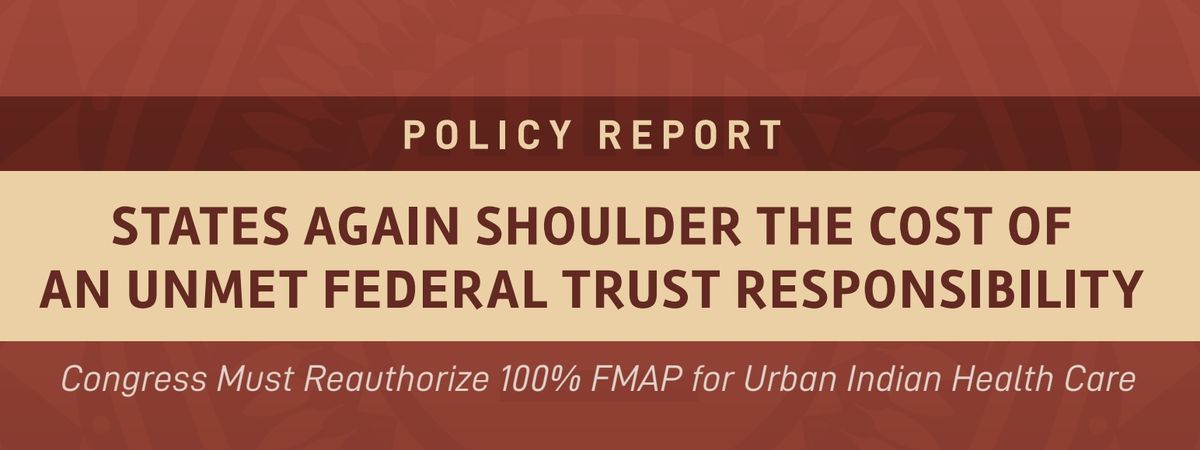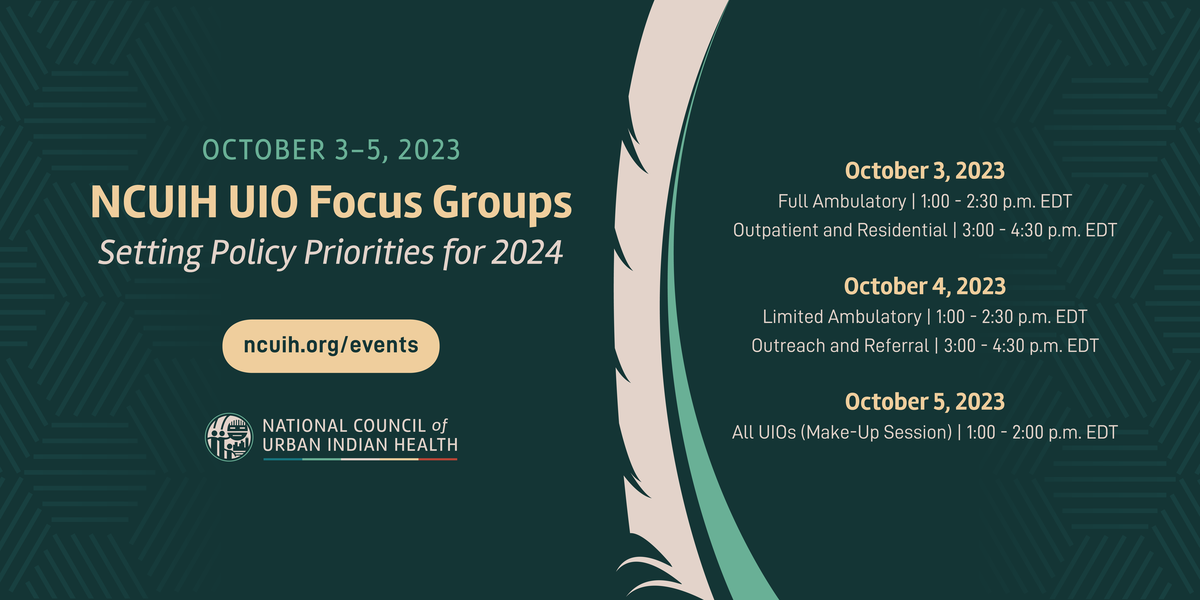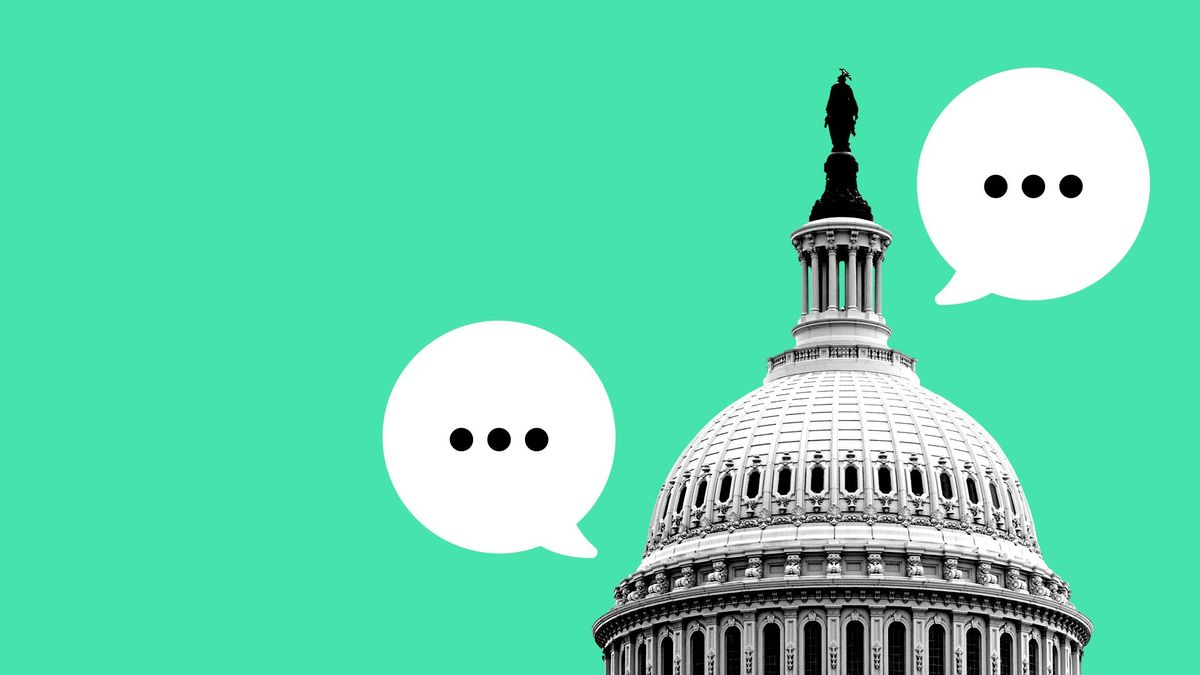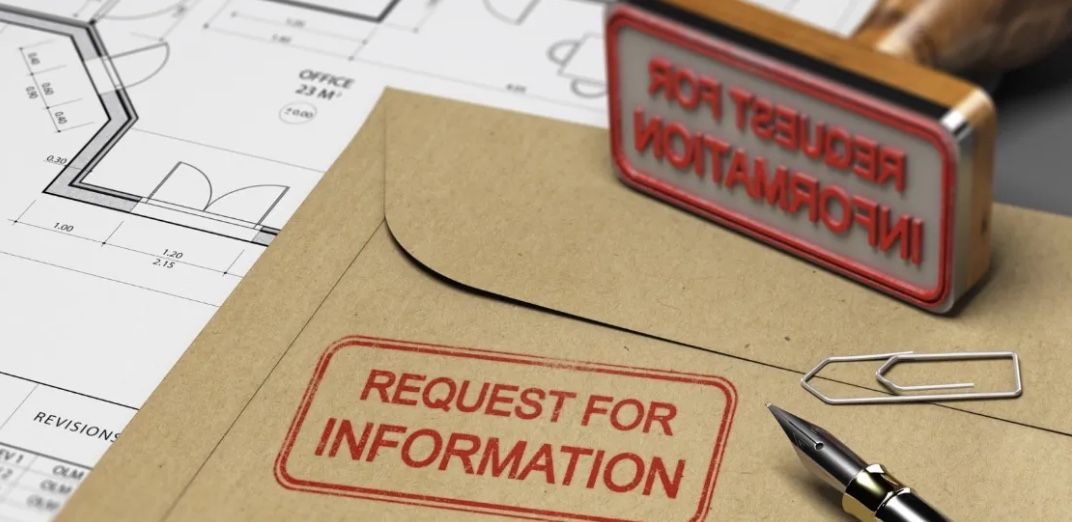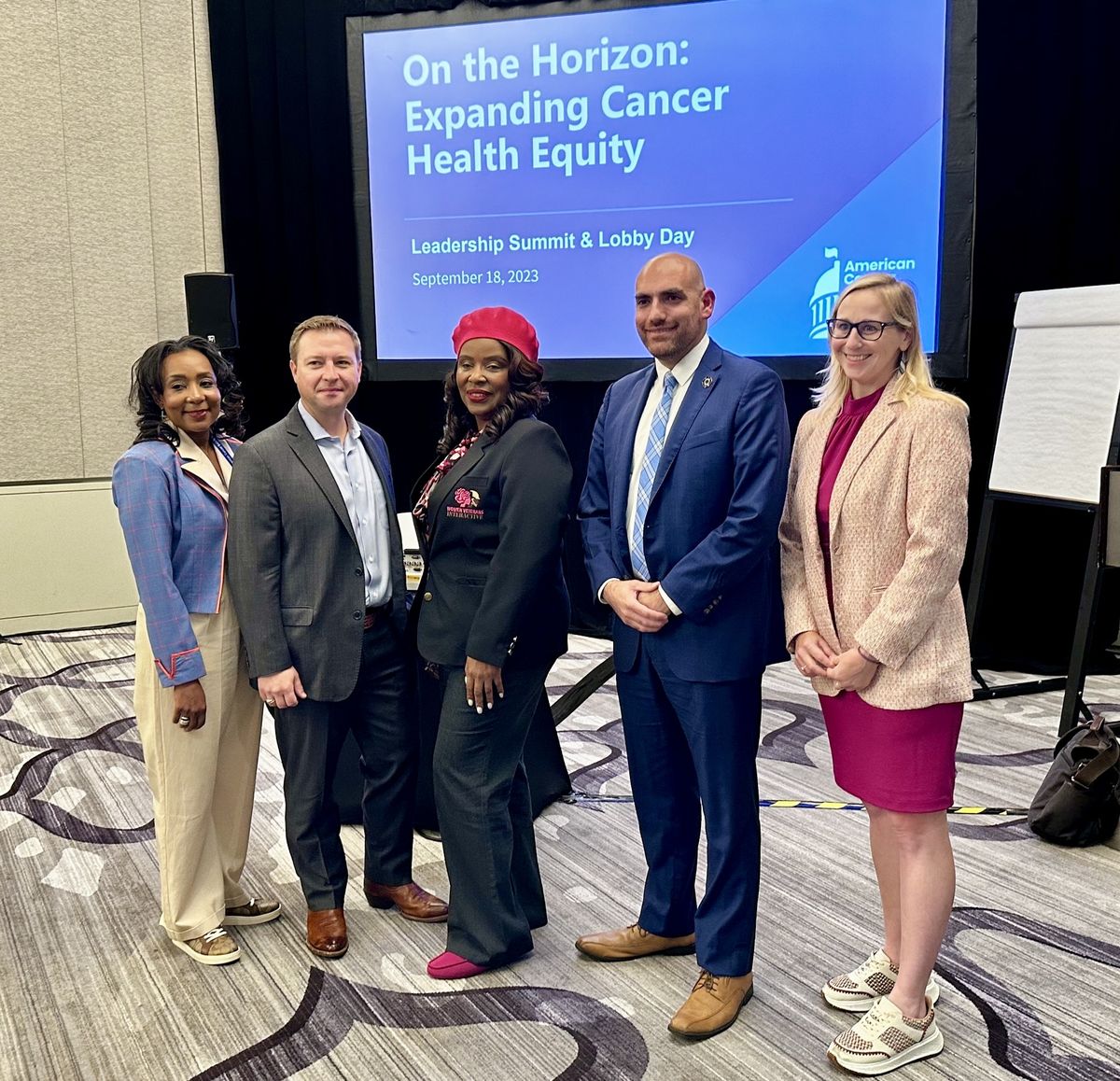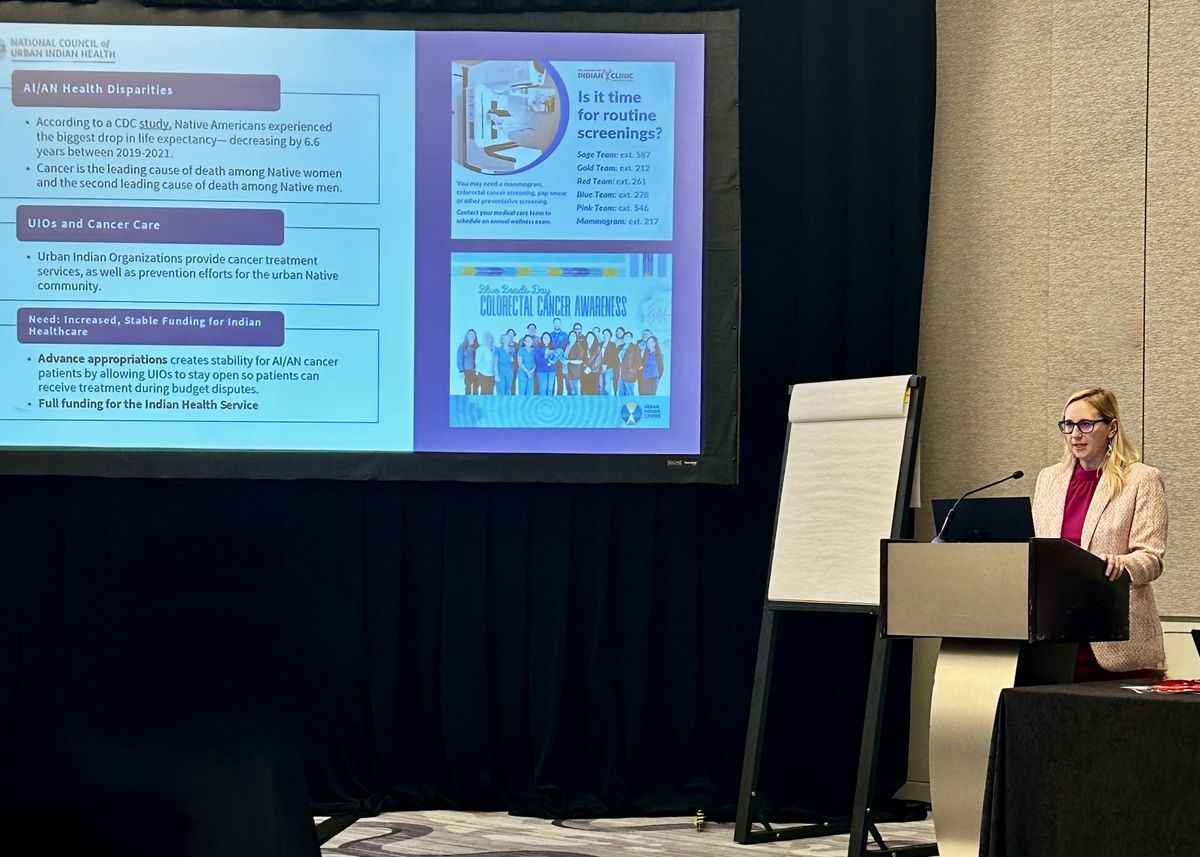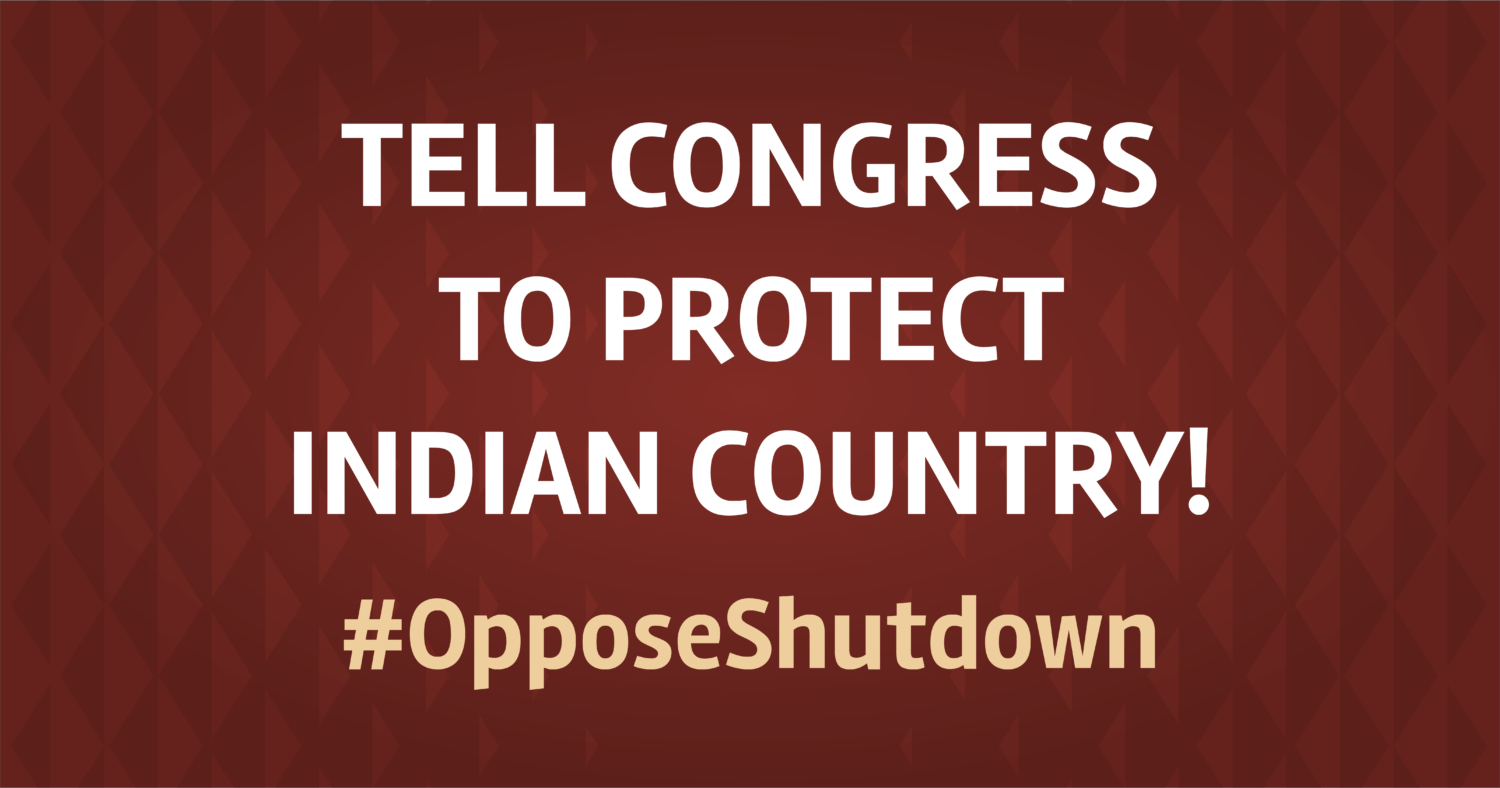On August 30, 2023, the Indian Health Service (IHS) sent a Dear Urban Indian Organization Leader Letter (DULL) to follow up on a virtual urban confer convened on July 13, 2022, to explore UIO leaders interest in forming an Urban Indian Interagency Workgroup. In the letter, IHS summarized the 16 comments IHS received from UIOs, such as:
- “Establish a new Urban Indian Interagency Workgroup in conjunction with the White House Council on Native American Affairs to ensure more comprehensive and effective collaboration throughout the Federal Government;”
- “Develop a Federal funding strategy to pilot test innovative approaches and programs that address the needs of Urban Indians;” and,
- “Provide technical assistance to Federal agencies to establish urban confer policies to address social determinants of health, such as housing, poverty, and education.”
As a next step, IHS plans to provide the Urban Indian Interagency Workgroup confer recommendations to the U.S. Department of Health and Human Services’ (HHS) Office of Intergovernmental and External Affairs and the Office of the Secretary’s Intradepartmental Council on Native American Affairs.
Background
The formation of an Urban Indian Interagency Workgroup to identify the needs and develop strategies to better serve urban American Indian and Alaska Native (AI/AN) populations has been a priority for NCUIH. On February 3, 2022, Senator Van Hollen, along with Senators Alex Padilla (D-CA), Catherine Cortez Masto (D-NV), Tina Smith (D-MN), Dianne Feinstein (D-CA), Elizabeth Warren (D-MA), Ed Markey (D-MA), Mark Kelly (D-AZ), Amy Klobuchar (D-MN), Patty Murray (D-WA), Tammy Baldwin (D-WI), Jacky Rosen (D-NV), Jeff Merkley (D-OR), and Jon Tester (D-MT) sent a letter to the Biden Administration requesting the establishment of this workgroup. NCUIH worked closely with Senator Padilla on this letter and supports the effort to bring better representation for the needs of Ai/Ans who do not reside on Tribal land.
The Senate Appropriations Subcommittee directed IHS to continue to explore the formation of this interagency working group in its Fiscal Year 2023 Interior Appropriations bill, noting that “in addition to the Indian Health Service, the working group should consist of the U.S. Department of Health and Human Services, U.S. Department of Housing and Urban Development, U.S. Department of Agriculture, U.S. Department of Justice, U.S. Department of Education, U.S. Department of Veteran Affairs, U.S. Department of Labor, the Small Business Administration, the Economic Development Agency, FEMA, the U.S. Conference of Mayors, and others as identified by UIOs.”
The workgroup would help identify federal funding strategies to better address the needs of urban AI/ANs, advance the development of a wellness-centered framework to inform health services, strengthen support for practice-based traditional healing approaches, improve urban confer policies at HHS and associated agencies, and ensure that UIOs can regularly meet with federal agencies to address relevant topics of concern.
IHS hosted a virtual urban confer session on July 13, 2022, to explore the formation of an Urban Interagency Workgroup with other federal agencies.
NCUIH’s Recommendation to IHS
On September 12, 2022, NCUIH submitted comments to IHS regarding the formation of an Urban Interagency Workgroup with other federal agencies. NCUIH made the following recommendations in response to the urban confer:
- Respect Tribal sovereignty and the government-to-government relationship in the formation of an interagency workgroup.
- Create a committee within the White House Council on Native American Affairs (WHCNAA) focused on how federal agencies can better serve AI/Ans living in urban areas.
- The White House Council on Native American Affairs (WHCNAA) was established to improve outcomes for AI/AN communities through a stronger relationship between the federal government and Native people.
- Developing an Interagency Oversight Committee on Urban Indian Affairs within WHCNAA would allow cross-collaboration across all agencies and ensure that all other WHCNAA committees are accurately incorporating urban Indian communities into their work.
- IHS should provide technical assistance to federal agencies to develop urban confer policies.
- Urban confer policies or UIO-specific consultations do not supplant or otherwise alter Tribal consultations and the government-to-government relationship between Tribes and federal agencies. IHS should provide support and assistance to federal agencies as they begin the development of such policies.
NCUIH will continue to monitor for any further development on the formation of an Urban Interagency Workgroup. NCUIH will also continue to engage with IHS, the White House, and Congress on moving this proposal forward.
NCUIH Policy Blog: NCUIH Submits Comments to the Indian Health Service on the Creation of an Urban Indian Interagency Workgroup
DULL: IHS initiating Urban Confer exploring the formation of an Urban Interagency Workgroup
Letter to the Biden Administration requesting the establishment of an Urban Interagency Workgroup
Fiscal Year 2023 Interior Appropriations bill



